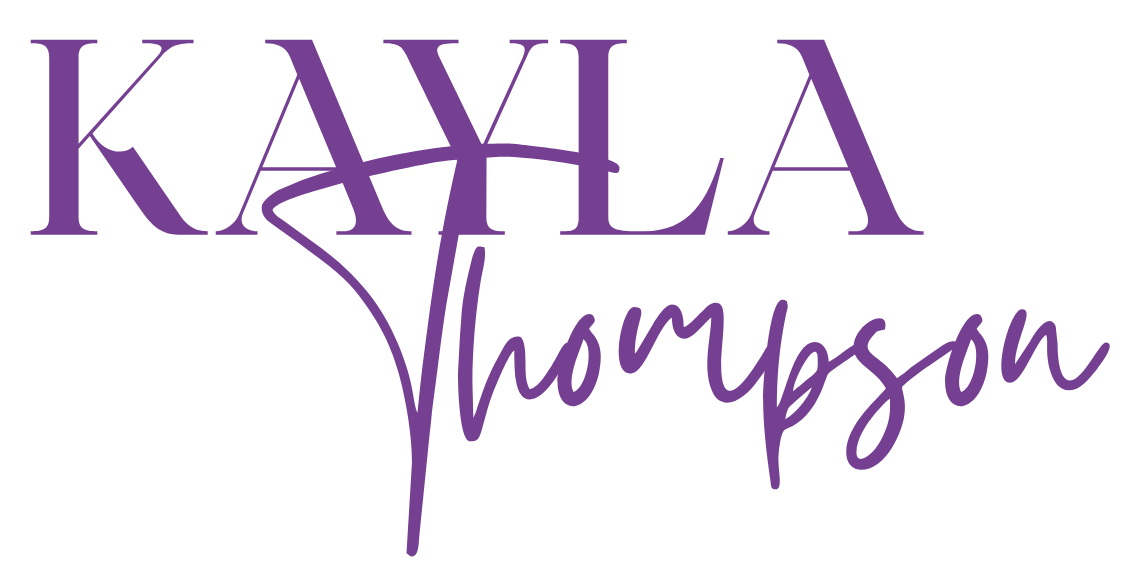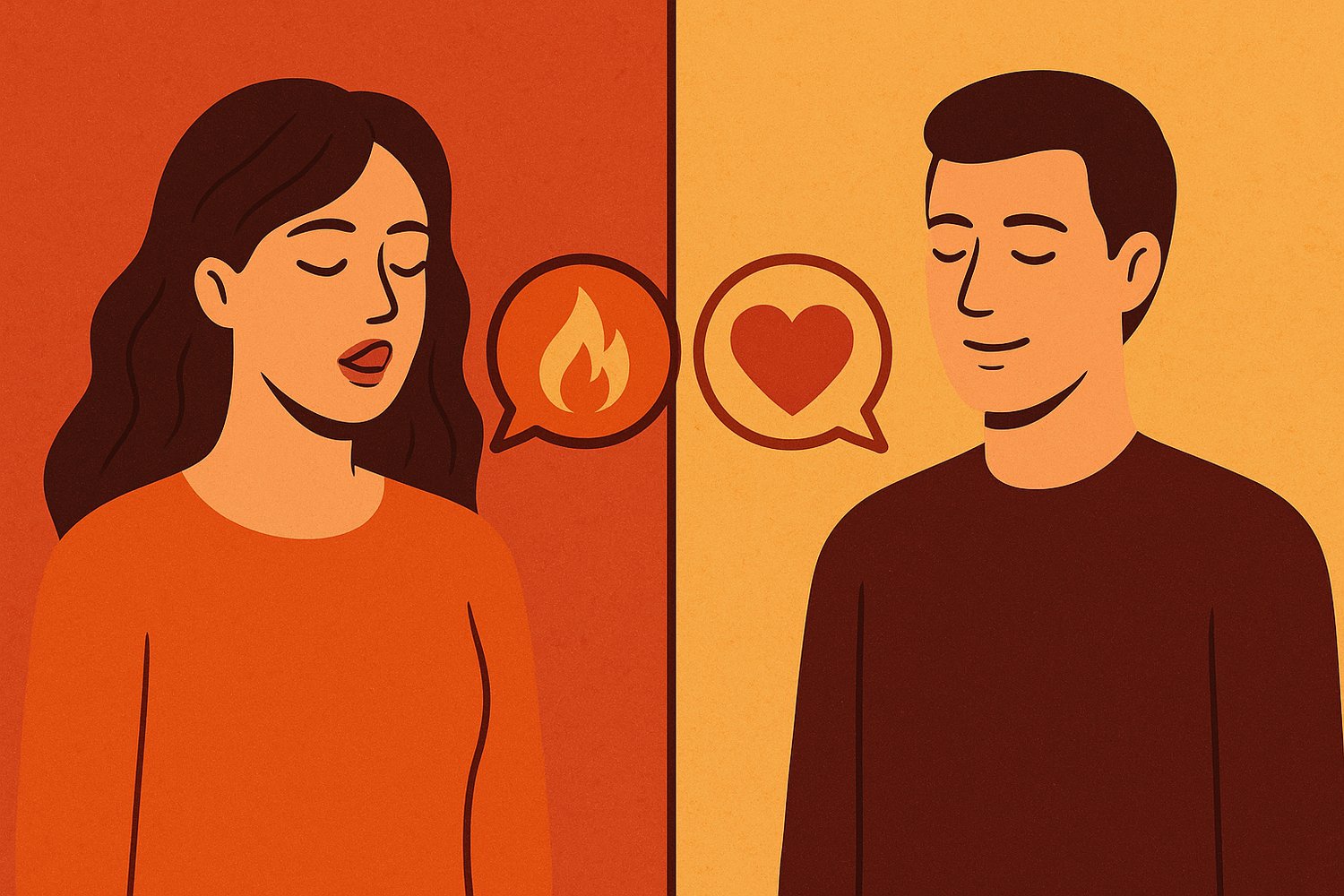At first glance, lust and love can feel strikingly similar—both ignite intense emotions, heartbeats quicken, and desire takes center stage. Yet, beneath the surface, lust and love are profoundly different forces. Unfortunately, many people struggle to tell them apart, which can lead to heartbreak, toxic patterns, and confusion in relationships. To understand why this happens, it’s important to explore how trauma, loneliness, and media shape our perceptions of intimacy.
Lust is primarily physical and driven by biological impulses. It’s the intense desire for sexual gratification, fueled by hormones like dopamine and adrenaline. Lust is immediate, thrilling, and often fleeting. It doesn’t require deep emotional connection or commitment; it thrives on novelty and attraction.
Love, on the other hand, is complex and multi-dimensional. It grows over time and involves emotional intimacy, trust, vulnerability, and mutual respect. Love nurtures growth and connection beyond physical attraction—it’s about seeing and valuing someone’s whole self.
So why do so many people confuse lust for love? One significant reason is trauma. Past wounds—whether from childhood, past relationships, or neglect—can distort our ability to form healthy attachments. Trauma can cause people to seek out intense physical connections to fill emotional voids, mistaking the rush of lust for genuine love. This “emotional shortcut” provides temporary relief but rarely leads to lasting fulfillment.
Loneliness also plays a big role. In a culture that values constant connection, feeling isolated can be painful. When lonely, the craving for intimacy can push people to prioritize physical closeness over emotional safety. Lust feels like a quick fix to loneliness, even if it leaves an emptiness behind.
Then there’s media—the movies, music, and social platforms that often romanticize lustful behavior as the ultimate expression of love. From passionate love scenes to glamorous portrayals of hookups, media blurs the lines and sets unrealistic expectations. We’re bombarded with messages that equate intense physical chemistry with true love, which clouds our judgment and influences our choices.
Recognizing these influences is the first step to breaking the cycle. Understanding that lust is a natural, but temporary, sensation helps us pause before confusing it with love. Learning to identify emotional intimacy—feeling truly known and accepted—helps distinguish love’s deeper roots.
Healthy relationships balance desire with connection, passion with trust. When you learn to honor both lust and love for what they truly are, you gain clarity, make wiser choices, and open the door to meaningful, lasting bonds.


